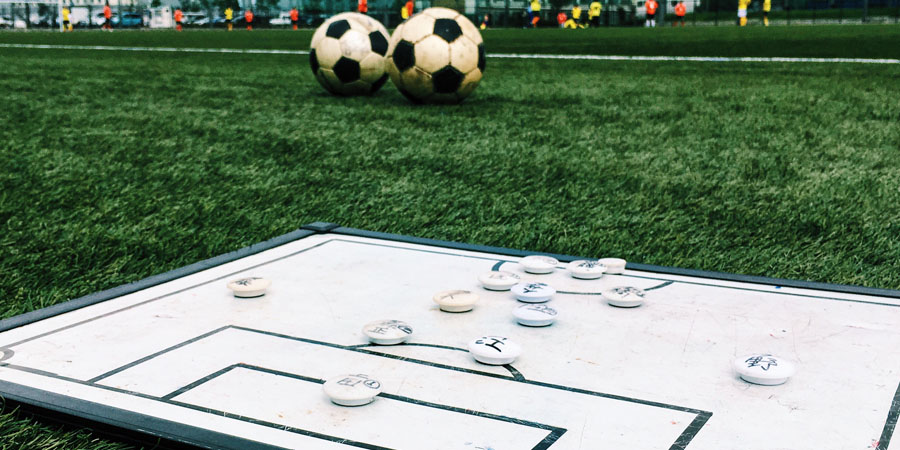COACHES CORNER
Soccer coaches are always looking for new ways to improve their team’s performance, and one effective method is to use scenarios at training. Scenarios are specific game situations that are recreated in practice, allowing players to work on their skills and improve their decision-making abilities.
The Importance of using scenarios at training and how they can benefit a soccer team:
Scenarios provide players with realistic game-like situations that they can work on in a controlled environment. By recreating scenarios such as a 2v1 or a corner kick, players can practice their skills and decision-making abilities in situations that they are likely to encounter during a real game. This can help players to become more comfortable and confident in these scenarios, which can translate into improved performance during actual matches.
Secondly, scenarios allow coaches to focus on specific aspects of the game that need improvement. For example, if a team struggles with defending set pieces, a coach can create scenarios that focus specifically on defending corners or free-kicks. By practicing these scenarios repeatedly, players can develop a better understanding of their roles and responsibilities, and learn how to work together as a team to defend against these situations.
Furthermore, scenarios can help to improve team communication and collaboration. In order to successfully execute a scenario, players must communicate effectively with one another and work together to achieve a common goal. This can help to build team cohesion and improve overall team dynamics, which can be beneficial both on and off the field.
Another benefit of using scenarios at training is that they can help players to develop their creativity and problem-solving skills. By working on scenarios that require players to think outside the box and come up with new solutions, players can become more adaptable and better equipped to deal with unexpected situations during games.
In conclusion, scenarios are an essential part of any soccer training program. They provide players with realistic game-like situations that they can practice in a controlled environment, help coaches to focus on specific areas of the game that need improvement, improve team communication and collaboration, and develop players’ creativity and problem-solving skills. By incorporating scenarios into their training sessions, soccer teams can take their performance to the next level and achieve greater success on the field.
~zuazua




